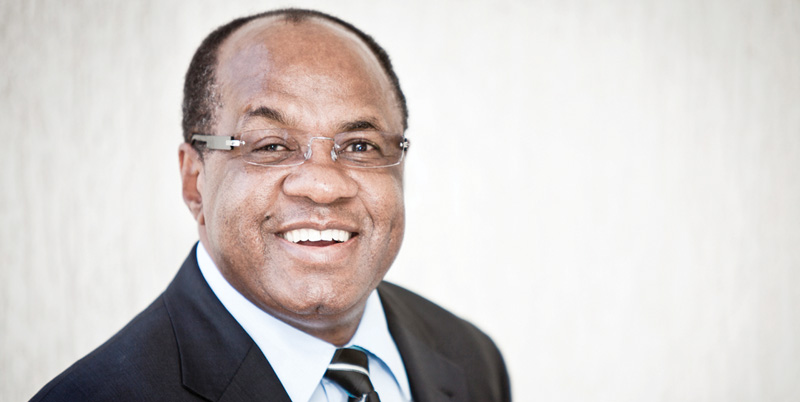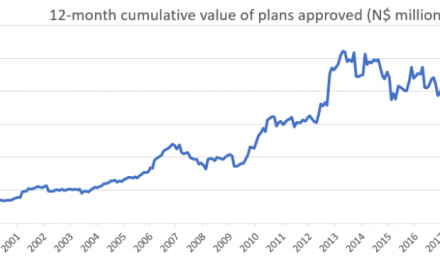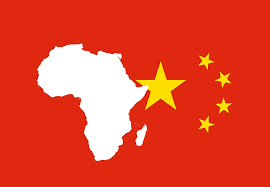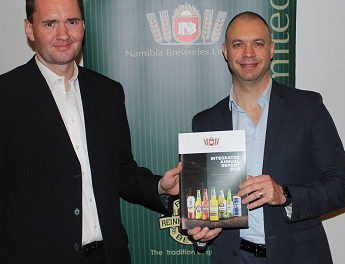
Lifting asset quotas will boost local infrastructure investment – Eos Capital

Joining a growing chorus of concerned voices, the Executive Chairman of Eos Capital, Mr Johannes !Gawaxab on Tuesday told an investors conference that Namibia’s anticipated allocation from the Southern African Customs Union may be in peril, following the downgrade of the South African sovereign rating.
Amplifying his argument, !Gawaxab said the projected growth for the South African economy for this year was 1.2% before Finance Minister Gordhan was fired. Since that event, the official growth forecast has been reduced to only 0.8% which implies an underperformance of the SACU revenue pool, which in turn, may result in a smaller allocation to Namibia.
On the Namibian fiscal situation, !Gawaxab said “The Namibian Government recently re-prioritised its capital expenditure due to fiscal constraints and the fiscal situation isn’t expected to improve in the short term” alluding to the perceived role of private investors to step in with private equity funding and infrastructure funding.
Quoting Bank of Namibia figures, he said the gap in Namibia for infrastructure finance has grown from N$150 billion in 2014 to close to N$225 billion this year. “Alternative sources of funding of infrastructure have become critical as never before” he added.
Explaining the critical need for infrastructure finance, !Gawaxab said “Infrastructure boosts economic productivity, helps create jobs, improves trade flows and improves the overall competitiveness of countries.”
Driving home the point of using a country’s long-term institutional savings to finance development, he said “Infrastructure investments appeal as investments beyond generating good rental for the use of our savings capital but also deliver a geared economic return from essential sectors such as water, energy, transport and education. Ultimately infrastructure investments improve the capacity of the economy and citizenry to be productive.”
“Studies have shown that poor road, rail and port facilities add between 30% and 40% to the costs of goods traded among African countries. Investment in infrastructure is key in unlocking the growth potential that will attract new investors” he said.
“The time has arrived for us to consider alternative infrastructure funding mechanisms to boost economic growth in Namibia. The GIPF, one of the biggest pension funds in the country, has announced their intention for more focused investing into infrastructure. I want to appeal to other pension funds and long-term insurance players to consider private equity and infrastructure as a requirement for a diversified portfolio” he added.
On the asset quotas set for investment managers by the Namibia Financial Institutions Supervisory Authority, he suggested that fund mandates must be liberalised to allow greater investment in specific asset categories saying “Our non-banking financial services regulators should also come to the table to accelerate infrastructure investing by pension funds and long-term insurers by re-visiting the current limits given the liquidity and fiscal challenges experienced by the country.”
The conference was also addressed by the Chief Executive of Eos Capital, Mrs Nicole Maske, the Chief Executive of Phoenix InfraWorks in South Africa, Mr Andrew Johnstone and the Chief Executive of the South African Public Investment Corporation, the SA government’s mega asset manager with R1.9 trillion in assets under management.













































